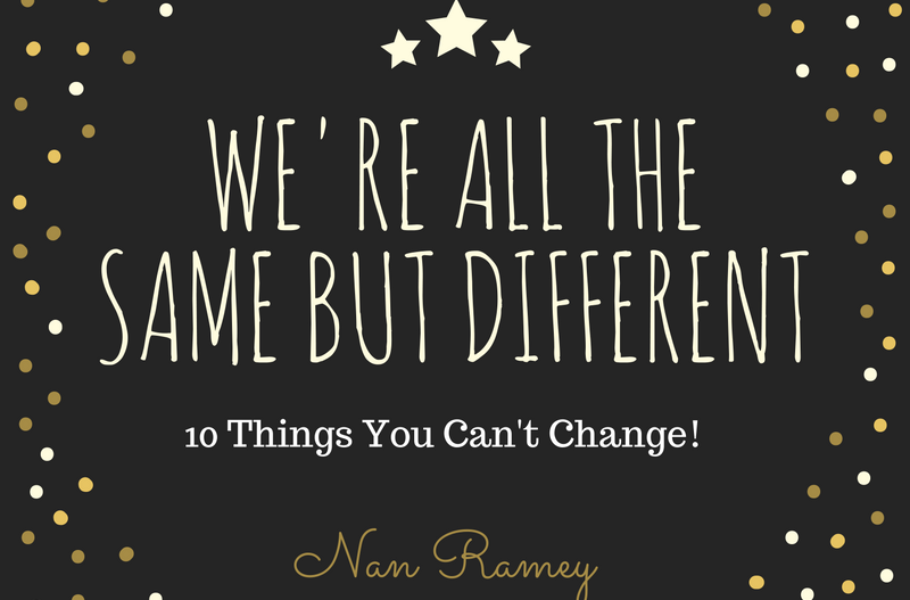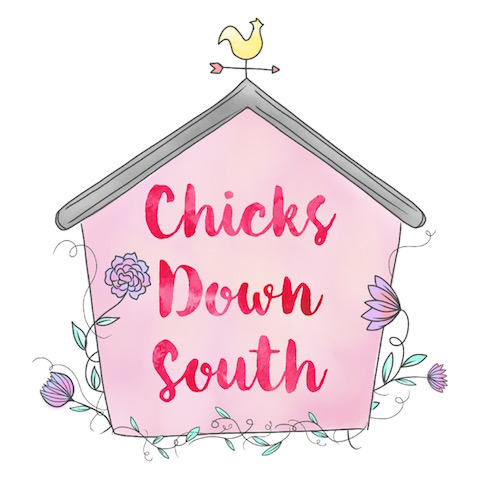
We’re All Same As Everyone Else Except Different
While growing up there were three children in our home. My sister, Kathy was the oldest. My brother Patrick was the middle boy and I was the “baby”. Our ordinal position has always made a difference to me. I’ve always felt my sister to be the older an wiser, and my brother to hold a special position not only for being the older brother but for being the only boy. I was the youngest and nurtured by all. Birth order matters. It matters in not only the personal sense but in how one is treated, perceived and on the expectations for behavior.
Those who deal with personality studies and behavioral attitudes indicate that birth order has a “lasting effect on psychological development”. Whether a person is a firstborn, last-born or even a middle child, social development plays out because of the ordinal position.
Not only do parents play a part in this lifestyle role but each sibling brings on attitudes, expectations and adaptations related to a child’s position in the family. From introversion, to extroversion, being conscientious to being neurotic, birth order plays a part in development.
While parents may treat a child the “same as everyone else in the family”, each child is different. Many parents try to be “fair” to children but fair is not always equal so parents should do the best for each child given his or her gifts, talents and needs. The oldest child may should be treated with respect, honor and often given responsibility. The middle child possibly should be given more responsibility than the younger simply because of the age advantage.
It is a parents duty to raise their children in a manner to let them go at a certain time and allow them to thrive given the spiritual gifts God has provided for them and the strengths learned in the home.
Everyone is the same except different so just do you!
Click Below To Visit Our Store
Archives
- July 2020
- April 2020
- March 2020
- October 2019
- February 2018
- January 2018
- December 2017
- November 2017
- October 2017
- September 2017
- August 2017
- July 2017
- June 2017
- March 2017
- January 2017
- November 2016
- October 2016
- September 2016
- August 2016
- July 2016
- March 2016
- February 2016
- January 2016
- December 2015
- November 2015
- October 2015
- September 2015
- August 2015
- July 2015
- June 2015
- May 2015
- April 2015
- March 2015
- February 2015
- January 2015
- December 2014
- November 2014
Up and Coming Events
| M | T | W | T | F | S | S |
|---|---|---|---|---|---|---|
| 1 | 2 | 3 | 4 | 5 | 6 | |
| 7 | 8 | 9 | 10 | 11 | 12 | 13 |
| 14 | 15 | 16 | 17 | 18 | 19 | 20 |
| 21 | 22 | 23 | 24 | 25 | 26 | 27 |
| 28 | 29 | 30 | ||||



